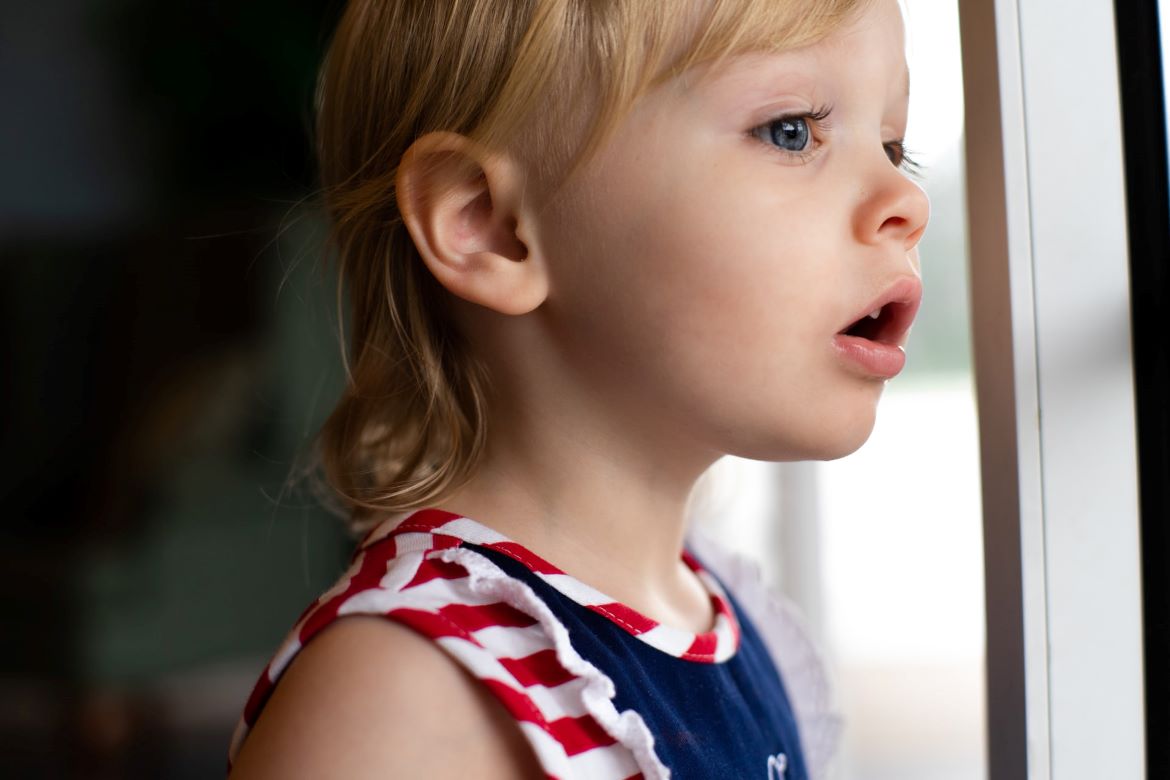By Tracy Cassels
One of the more common ideas in our society when our kids are acting out is that they are doing it “for attention”. This idea can manifest differently and results in different bits of advice, depending on your philosophical approach in parenting. In more mainstream circles of discipline, people are told the answer is to ignore or punish their child when they are doing this. Somehow a cry for attention is a bad thing. (It’s not.)
In more gentle circles, many families know not to ignore or punish, and they know this need for attention isn’t bad, but they still feel they have to address the behaviour or hold it as something the child has to stop in order to get their attention. For example, many gentle parents will see a child whining or throwing things as a cry for the attention they need, but they still feel the need to stop this behaviour first. If they don’t stop the behaviour, then they feel like they have allowed something that is “bad” even if the underlying cause isn’t. It’s the idea of separating the behaviour from the person – our child isn’t bad, but what they are doing is and that’s why we need to change it, but of course without shaming them.
What I want to talk about is the assumption behind this idea and why it’s wrong. You see, for us to feel that we need to address the behaviour can only make sense if we feel the behaviour is intentional or deliberate. And of course we do because it really does seem like they are out to get us to notice them on purpose, right?
This is what I want to challenge.
I don’t believe their attention-seeking behaviour is deliberate to get them to notice us, but rather a response or reaction to their dysregulation from the lack of connection (or even predictability) that they are feeling.
If we think about some of the same behaviours we see when kids are hungry, it might help us understand this better. When hungry, lots of kids lose their minds (adults too) and act out. We know this happens because of low blood sugar and the need for more energy to keep them going. We also (hopefully) know that what they do in that state can’t be reasoned with and frankly is a bit out of their control. The solution? We feed them. We don’t worry about making a point about a lesson or their behaviour, but we get food into them stat.
In most cases we don’t even address the behaviour later because we know the cause and we instead look to make sure we don’t get to that state of dysregulation again. As our kids get older we can start to help them identify the feeling of hunger and addressing it themselves before they get dysregulated, but that’s about it.











